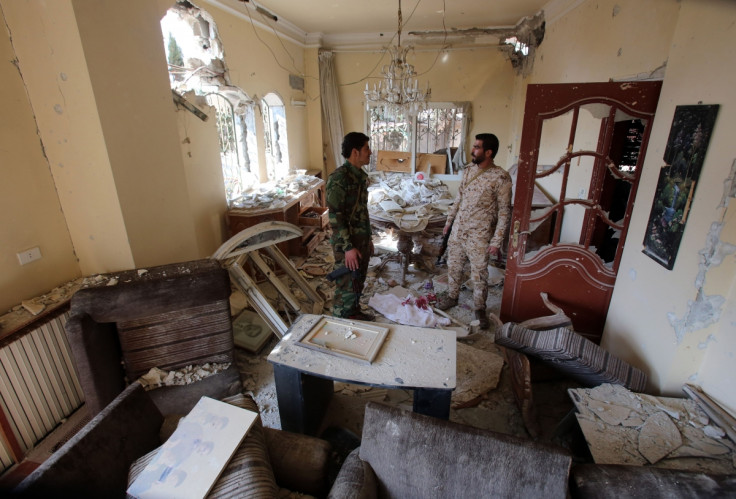Syria: Bashar al-Assad backing of ceasefire draws mistrust from Turkey and rebels

Turkey and Saudi-backed rebels expressed concerns about a ceasefire plan for Syria, as President Bashar al-Assad assured his forces will respect the truce. Turkey's president, Recep Tayyip Erdogan, said Ankara supported the deal brokered by the US and Russia "in principle" but was worried it will strengthen the regime.
"We support a ceasefire that will allow our Syrian brothers to breathe," he said addressing local administrators in the Turkish capital, adding: "This ceasefire agreement provides clear support to the Assad regime."
Erdogan also insisted Kurdish militias should not be included in the truce, just like Islamic State (Isis) and the al-Qaeda-linked Nusra Front. Turkey views the Kurdish People's Protection Units (YPG) as affiliated to the Kurdistan Workers' Party (PKK), which has been leading an armed insurgency in Turkey and is also considered a terrorist group by the US. But Washington considers the Kurds a key ally in the fight against IS (Daesh) in Syria.
A Saudi-backed rebel coalition also expressed distrust of Assad, saying it was worried government forces will continue to target it under the pretext of striking terrorist groups.
Nevertheless, Salem al-Meslet, a spokesman for the High Negotiations Committee, told AP the coalition was ready to abide by the truce, which is due to come into effect on 27 February. "The Americans are taking note of our concerns and we are waiting for their replies," he said. Both Ankara and Riyadh have long been opponents of the Assad regime.
Rebel concerns seemed to find some corroboration in a phone call over the ceasefire between Assad his patron, Russian President Vladimir Putin. According to Syria's state-run news agency Sana, the Assad underscored the importance of continuing the fight against IS, the Nusra Front "and other terrorist organisations".
Since the beginning of the civil war in 2011, the regime has labelled all rebels as terrorists. The agreed "cessation of hostilities" does not cover any group designated as a terrorist by the UN Security Council.
Moscow said during the conversation, Assad described the deal as "an important step towards political settlement and confirmed the Syrian government's readiness to facilitate the ceasefire's implementation".
Putin held phone calls also with Iranian President Hassan Rouhani and the Saudi King Salman bin Abdulaziz al-Saud, according to the Kremlin. A statement released on the Russian presidency's website said King Salman "welcomed the agreement and expressed his readiness to work together with Russia to implement them".
Rouhani instead "stressed the importance of a further cooperation between Russia and Iran on Syrian peace settlement, including a continuation of a resolute fight against the IS, Jabhat al-Nusra and other terrorist groups from the UN Security sanctions list". Putin spokesman Dmitry Peskov said: "The main goal is to stop the bloodletting in Syria."
© Copyright IBTimes 2025. All rights reserved.






















